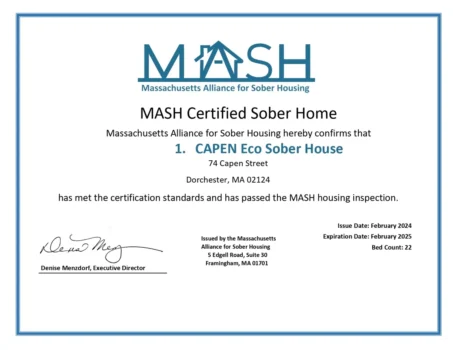Alcoholic Narcissist: How the Two Conditions Are Related

They often manipulate situations subtly, resorting to passive-aggressive behaviors to fulfill their need for attention and control. Despite their outward appearance of meekness, covert narcissists harbor intense envy and resentment towards others, especially those who receive the admiration and recognition they crave. Educating oneself about covert narcissism and empowerment strategies can help regain a sense of control and protect one’s identity within the relationship. Engaging in healthy communication practices can prevent falling into the traps set by a covert narcissistic partner.
Overt vs. Covert Narcissists
This facade often makes it challenging to identify covert narcissists, as they may come across as sensitive and self-effacing individuals. One of the key signs of covert narcissism is the silent treatment they employ as a tool for manipulation. This behavior can be emotionally exhausting for those on the receiving end, causing confusion and self-doubt. Understanding the underlying motivations behind such actions is crucial in dealing with individuals displaying covert narcissistic traits. A covert narcissist alcoholic may highlight their drinking to get attention, but will internally believe that everything is under control and therefore be unwilling to take steps to change it. Covert narcissism and alcoholism can be more challenging to treat as a result, just as it is in other cases involving a narcissist and addiction.
- Personality disorders usually start when someone is a teenager or young adult.
- NPD typically involves insecurity and an easily damaged sense of self-esteem.
- Because their need for self-importance reigns supreme, covert narcissists will do whatever they need to do in order to keep the focus on themselves.
- But their alcoholic personality leads them to act in ways that are similar to a narcissist.
- Preventing the development and escalation of narcissistic personality disorder (NPD) and alcohol use disorder (AUD) involves a combination of early intervention, education, and healthy coping strategies.
Overlapping symptoms
It’s crucial to recognize these subtle behaviors and establish boundaries to avoid falling prey to their hidden agenda. Evaluating the possibility of ending the relationship is important if the betrayal and narcissistic behavior persist https://ecosoberhouse.com/article/does-alcohol-dehydrate-you/ and negatively impact mental health. Simine Vazire and David Funder decided to look into what caused these self-defeating behaviors, asking was it a function of conscious cognitive and affective processes or something else.
What Makes a Covert Communal Narcissist Tick?
- You may find it difficult to identify and accept abusive narcissistic behaviors that have been carried out subtly.
- Our team of addiction professionals uses evidence-based techniques to help you achieve the best possible solution.
- Vulnerable narcissism features traits like low self-esteem, helplessness, and rejection sensitivity.
- Crossing or ignoring the boundaries you’ve set, or acting as if they know better, can be a sign of covert narcissistic abuse.
Alcohol can affect individuals differently, but it often amplifies pre-existing personality traits. To mitigate the impacts, it’s imperative to reduce alcohol consumption and seek the right support. Establishing clear boundaries is essential in safeguarding one’s well-being and fostering covert narcissism and alcoholism healthier relationships. You should start by exploring peer support groups like Al-Anon that help families and loved ones living with people with AUD. You can also find narcissist abuse support groups, both online or in-person, through organizations like Help Within Reach.
How to Identify if My Wife is a Covert Narcissist

Grandiose fantasies

